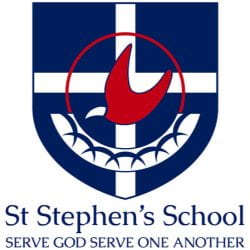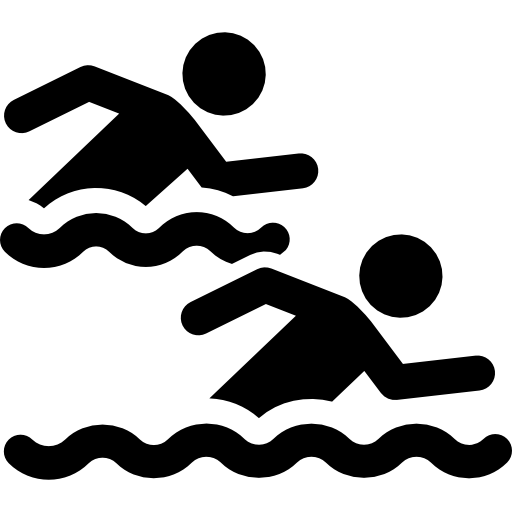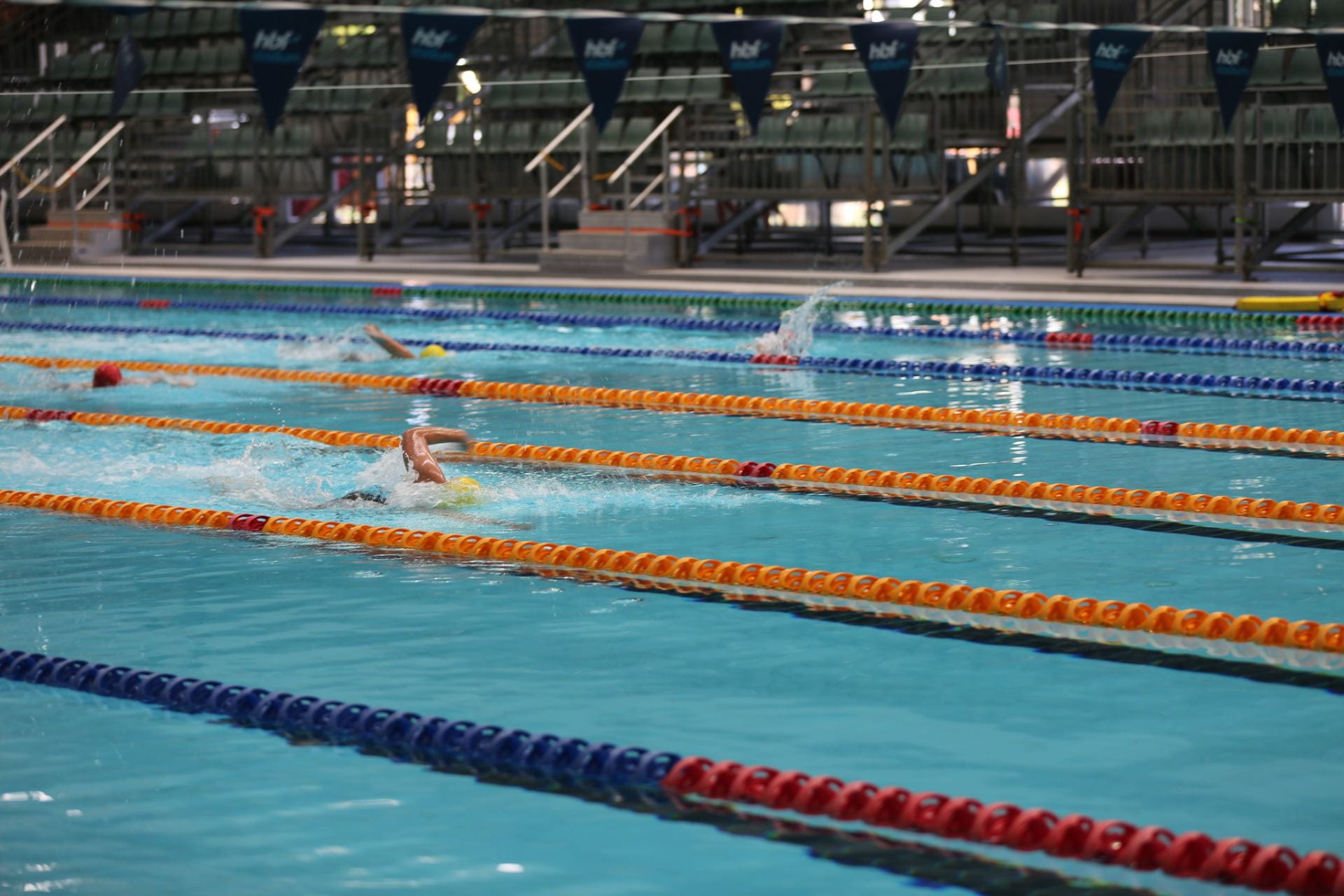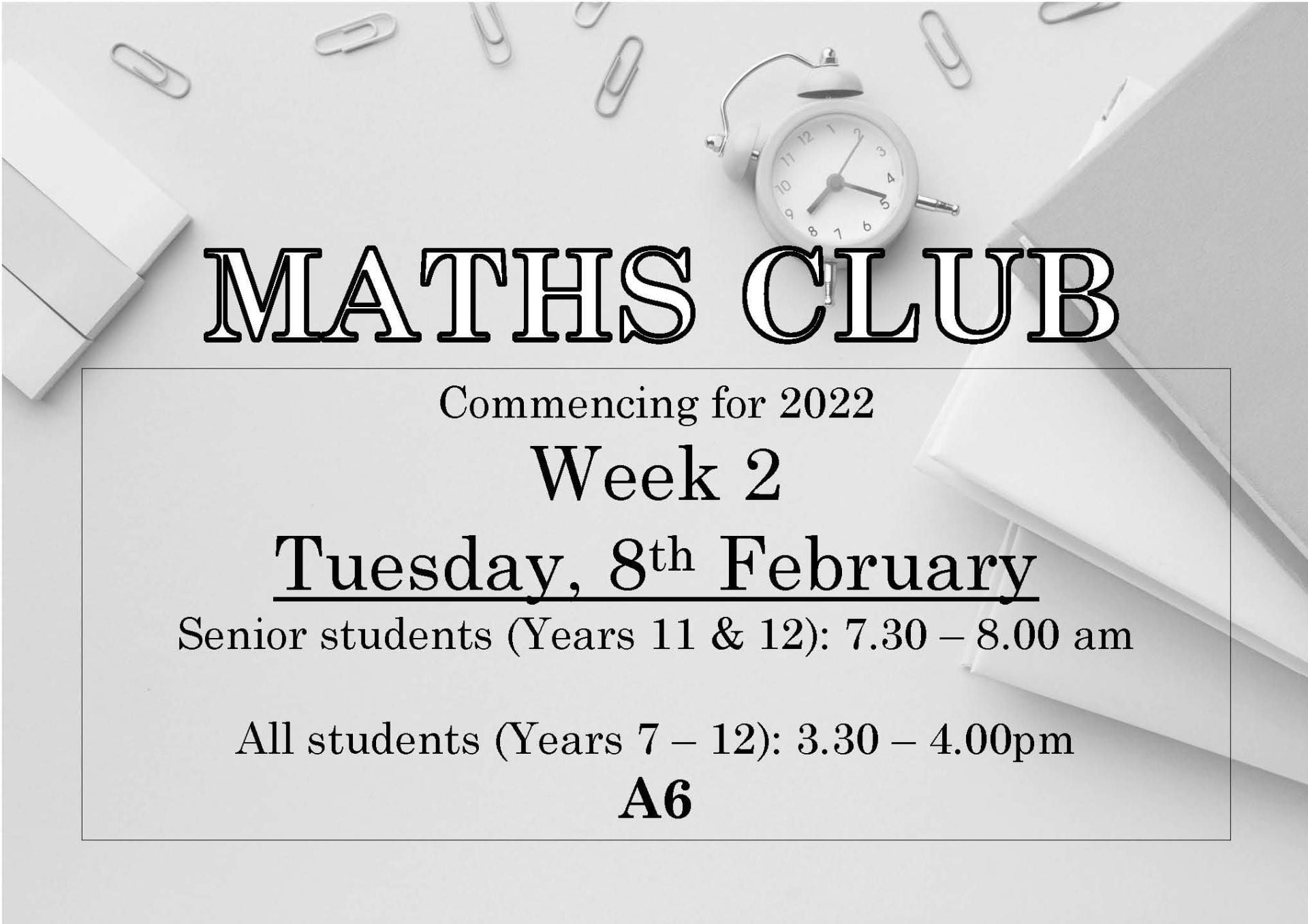Dear Parents
SEQTA is an amazing tool for schools and we encourage both students and parents to check it regularly.
Please note that SEQTA is a resource to supplement teaching NOT an online substitute for the relationship between a teacher and student. Your child spends 320 minutes a day in personal contact with their teachers – and your child has every opportunity to receive help, ask questions and take ownership of their work. We would encourage parents to grow the independence of their children rather than to expect SEQTA to be the prime source of information.
SEQTA is a great insight for parents – but again, the conversations that are then initiated between parents, teacher and student are of the most value. I would encourage parents and students and ensure that they are aware of the documents attached to each course: course outlines, assessment schedules and other resources are available in SEQTA for reference, saving or printing at any time. I would also encourage parents to ask for help and to keep an eye out for the SEQTA information evenings which are often run at the start of each year.
Teachers will on occasion deviate from their teaching plan because students may require extra time for understanding and consolidation. That is part of good teaching and might disrupt a plan previously put in place. We all know that parents and teachers constantly adapt as the needs of children evolve. Individual teachers will decide the format or formats for the submission of work – sometime these may be in hard copy, sometimes they might be uploaded to SEQTA, emailed or handed in on USB. This will depend on the nature of the task and the format the teacher feels is best. Teachers are striving to meet the expectations below. Some teachers already exceed these and use SEQTA very extensively. The expectations below are our target and while many staff will go beyond these, staff are not expected to.
The SEQTA experience for parents
Duncraig and Carramar Secondary
Cover Page
The purpose of the cover page is to contain an overview of the course. It should be an easy reference for information about the entire year of work.
It contains a copy (or a link) to the assessment schedule, program and syllabus.
It contains the school Assessment Policy.
For Certificate subjects: The Cover Page includes a paragraph explaining the four compliance requirements, Unit Delivery and Assessment Planner for the whole year, Assessment Tasks (as each is delivered), and RTO Student Handbook.
Assessments
- The assessment schedule should be developed at the start of the year. Lower school students are to have the entire semester of assessments visible to parents and students. Year 11 and 12 are to have the entire year’s assessments visible
- Assessment titles should include the weighting and clear labels that are succinct.
- Task sheet/assessment description and marking guide/rubric are to be added at an appropriate time.
- Marks for summative assessments should be made visible, within three weeks of the assessment being finalised.
- If there is more than one class, all marks are to be made visible at the same time.
- Exam marks are to be released at the end of the exam period.
- Formative assessments can be visible with a weighting of zero.
- Assessment feedback will be placed in the Marks Book on a regular basis.
(Lesson) Planning
Students, parents/carers and other staff should be able to see what has been planned on a week-by-week basis (as a minimum). Clarity in lesson naming is essential.
Lesson Resources
It should be clear where students can access resources and links. Students may be required to enter homework themselves on occasion.
Documents Section
This is used to store documents that parents/carers might need to access at any point of the year.
Documents include anything from a Parent Information Night slide show, Curriculum Handbooks, and the Assessment Policy.
The ICT Support Team
If you need any help accessing SEQTA please use our Parent Support Portal: https://help.ststephens.wa.edu.au/
or our Parent Helpline: 9243 2160
Parent ICT Support is available between 8:30 am – 4:15 pm.
Mr Bennet Andrews and Dr Liz Criddle
Secondary Deputies.





